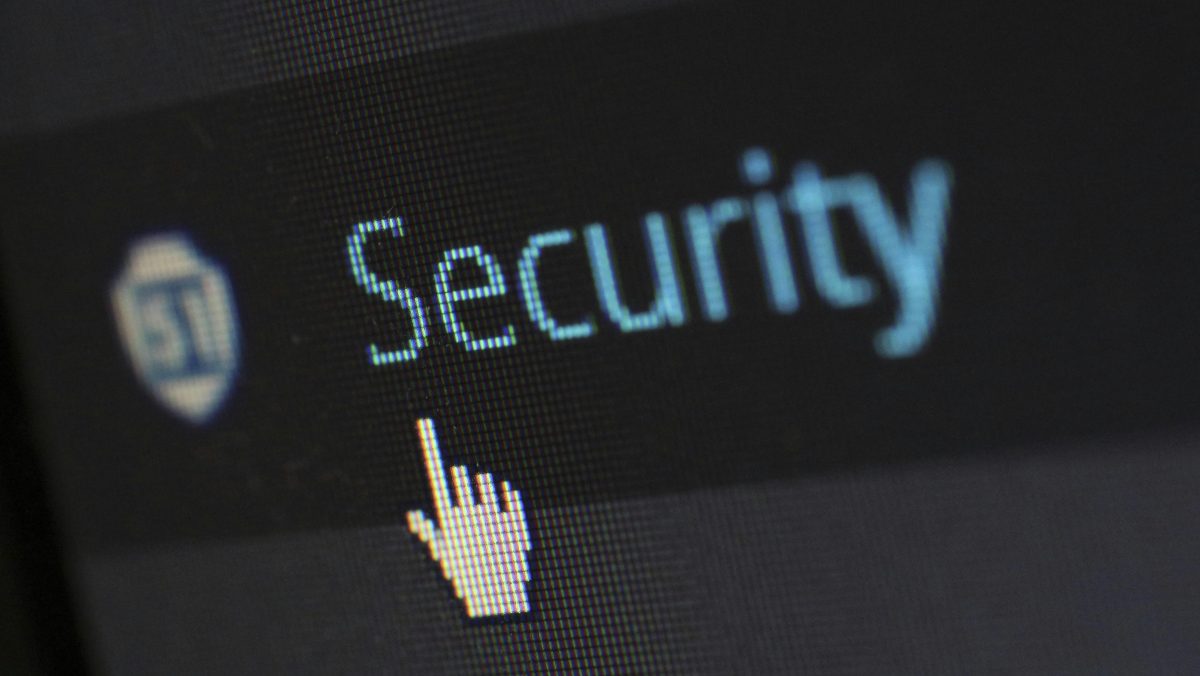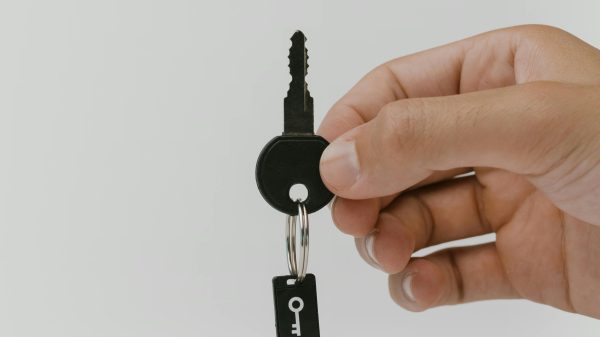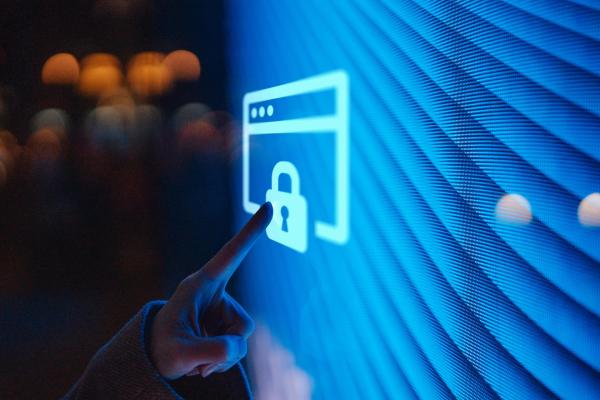Why am I telling you this? Because despite having training in digital security, I fell into the trap myself. In my company, the security teams send us traps simulating phishing to raise awareness and I clicked. The famous saying hit me right in the face: ‘I’m no good at giving advice’.
How is it possible that someone with knowledge can fall into the trap?
According to psychiatrist Marian Rojas, excessive screen time affects attention span and reduces our critical thinking.
It’s not an excuse because I did it wrong, but the reflection I’m left with after the cybersecurity training of my security colleagues made me question my outdated routines.
10 routines to improve your Internet security
Think before you click to avoid phishing attacks via email, smishing via SMS, whishing via WhatsApp, or QR-shing via QR code.
Routines
- Check the sender and the email domain
- Check the language for errors
- Check the format
- Ask yourself, does this message make sense?
- Don’t click on unknown links, it’s better to search the official website
- Don’t download suspicious attachments
Strong passwords, the first line of defence: change them from time to time and use a different one for each application
- Use strong passwords of at least 8 digits, alphanumeric, upper case, lower case and with signs
- Change them every so often.
- Use unique credentials for each platform. You can apply mnemonic rules like this:
- Choose a phrase: I like football or Somewhere in La Mancha
- Use the first letter of each word, alternating upper and lower case MgEf / EuLdLm
- And now when you log in to an app, you capitalise the first letter of the APP, for example, and with a symbol Google: G#, Facebook: F#, Instagram: I# you add the shortened phrase and finish with a date that is important to you or your car registration number or the current year. It would look like this: Google: G#MgEf170670 or Facebook: F#EuLdLm2025
- Use a password manager to store your encrypted passwords (1Password, Dashlane, Keeper)
- Avoid synchronising passwords in browsers
Use two-factor authentication on your accounts by adding a second verification step (Microsoft authenticator, Google authenticator, latch or bitwarden)
Be careful with the use of WIFI as, if misconfigured, it exposes you to cybercriminals
- Change the network name and password of your home WiFi
- Avoid using open WiFi without using a VPN
- Update your router software regularly to ensure it has all available security patches.
- You can configure WPA2 or WPA3 encryption so that no one else can access your data wirelessly
- Turn off the router when you don’t need it.
Protect your personal information. Every day there are more auto-fill options, so make sure you control where and with whom you share your information.
Check if your email has been compromised, you can do it at ‘ Have I Been Pwned: Check if your email has been compromised in a data breach’
Protect your devices with antivirus and update security patches. You can complement your antivirus with firewalls and threat detection tools to prevent advanced attacks.
On your devices:
- Avoid having your PIN and passwords associated with your birthday or card code.
- Only install official applications.
- Activate the find my device function to locate or block it in case of loss.
Check the permissions of your mobile applications before installing them, denying access to non-essential data.
Control the security of your social networks by configuring who can see your information and avoid clicking on suspicious links.
I had to learn from my mistake, now I have to practise and use common sense to protect myself and do better, and you, what other routines do you put into practice to stay safe?












